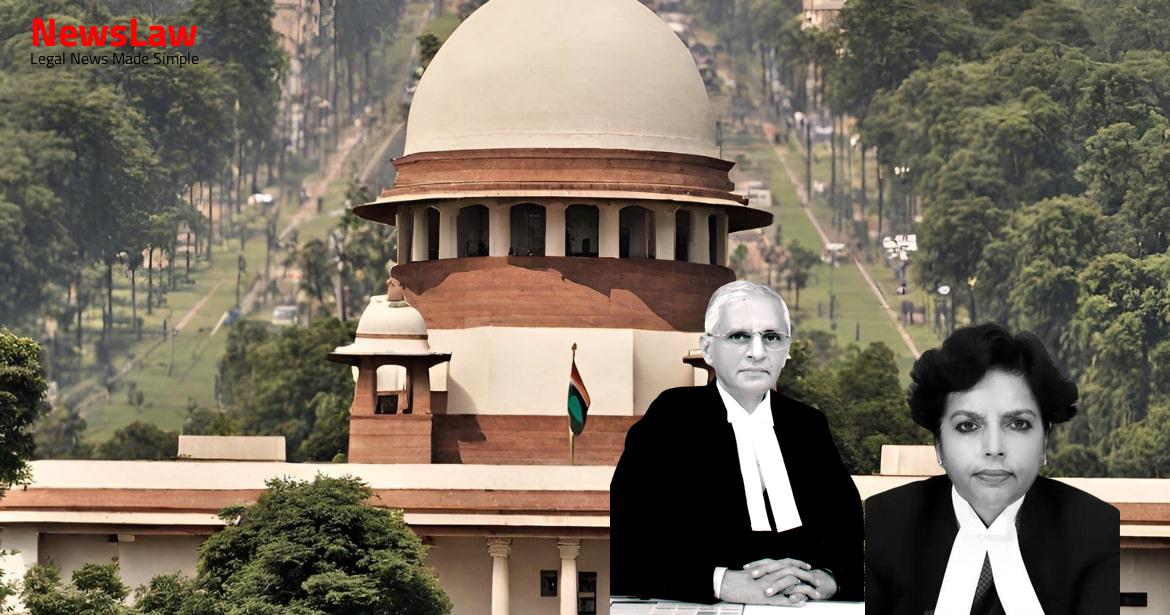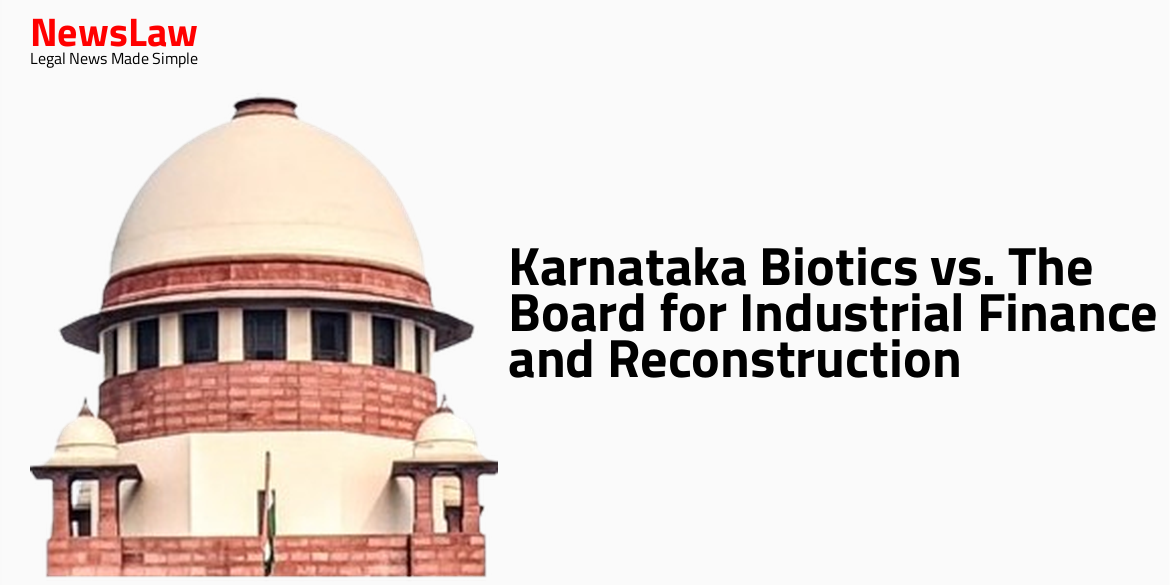In a recent case, the High Court engaged in a thorough analysis of the concept of horizontal reservation in the selection process. The court’s scrutiny of the reservation criteria and its implications on the selection of candidates from reserved categories offers valuable insights into the application of reservation policies. Let’s delve into the intricacies of the court’s legal analysis to understand the significance of this ruling.
Facts
- Ms. Sonam Tomar and Ms. Reeta Rani participated in the Selection Process for Constables in U.P. Police.
- Ms. Sonam Tomar secured 276.5949 marks while Ms. Reeta Rani secured 233.1908 marks.
- The Miscellaneous Application has been filed by Ms. Sonam Tomar and Ms. Reeta Rani.
- Candidates with lower marks have been selected in the General Female category disregarding OBC female and SC female candidates who had higher marks.
- Selection process for Sub-Inspectors was challenged, leading to re-calculation of horizontal reservation vacancies.
- Incorrect application of reservation criteria, leading to impermissible selections.
- Directions given to fill vacancies with appropriate candidates based on merit and reservation criteria.
- Various cases cited regarding blade/whitener usage in exams and its impact on selection processes.
- Issue of horizontal reservation and its proper application discussed.
- High Court directions for expedited and accurate conclusion of the selection process according to set procedures.
Also Read: Electoral Malpractices in Mayor Election
Arguments
- The concept of ‘open category’ or ‘open competition category’ seats are those that are left after reserved posts or seats are taken out.
- Candidates belonging to reserved categories cannot claim migration to open category if they have already enjoyed benefits during the selection process.
- The State argued against the existence of a separate ‘open category’ in law and emphasized that all seats/posts should be considered together.
- Horizontal reservation requires a specific procedure to maintain the merit of special reservation quota candidates while ensuring representation in service.
- Candidates selected on merit alone should not consume reserved seats/posts meant for their category.
- In cases of horizontal reservations, seats allotted to the open category can be claimed by any eligible candidate, including those from reserved categories.
- The State submitted that vertical reservations are considered in determining the 50% ceiling to avoid exceeding it.
- Selected candidates from reserved categories, whether vertical or horizontal, can claim open category seats based on merit.
- The concept of horizontal reservations and the methodology followed by the State in previous selections were debated with conflicting arguments.
- Reserved category candidates are entitled to claim open category seats based on merit, regardless of the specific category claimed during the application process.
- Reference was made to relevant court decisions, emphasizing the application of 50% reservation rule to backward classes under Article 16(4).
- OBC and SC women candidates were not considered in the select list
- Horizontal quotas for OBC and SC candidates were already exhausted in the previous list
Also Read: Balancing Power and Transparency: Electoral Bonds Struck Down, Disclosure Mandated
Analysis
- The High Court discussed two contrasting views – the first view and the second view – related to horizontal reservation for women.
- The first view, supported by the High Courts of Rajasthan, Bombay, Uttarakhand, and Gujarat, emphasizes that candidates from reserved categories must be considered based on merit against Open or General Category seats during horizontal reservation.
- The second view, not endorsed by any authoritative pronouncement, suggests that candidates from reserved categories should not be considered against Open or General Category seats during horizontal reservation.
- The High Court rejected the second view, emphasizing that all candidates, regardless of caste, should compete for women’s seats under the Open or General Category during horizontal reservation.
- Compartmentalized horizontal reservation is advised to avoid complications in future allocations and to uphold merit-based selections.
- Horizontal reservation only allows candidates to compete within their specified category and does not permit migration to other categories.
- Women belonging to SCs, STs, and OBCs can compete for posts horizontally reserved for them.
- The High Court views on horizontal reservation vary between different states.
- Candidates selected based on reservation must be fixed in the same category and cannot migrate to other categories.
- The principle of inter-se merit does not apply in the implementation of horizontal reservation for socially reserved candidates.
- Differentiation between vertical and horizontal reservations is crucial in understanding the allocation of reserved posts.
- The constitutional mandate is violated if meritorious candidates from reserved categories are denied their positions based on merit.
- Women selected on merit within vertical reservation will be counted against horizontal reservation for women.
- Appellant No. 1 and similarly situated candidates who scored higher marks than the last candidate selected in the ‘Open/General Category’ must be offered employment as Constables in Uttar Pradesh Police.
- Candidates from ‘OBC Female Category’ who scored above 274.8928, the marks of the last candidate in ‘General Category-Female’, are entitled to employment.
- Candidates from ‘SC Female Category’ who did not score higher than 274.8928 are not eligible for employment.
- Authorities have the discretion to fill any unfilled vacancies as per statutory provisions, without the need for a mandamus.
- The writ petition is deemed meritless and therefore dismissed.
Also Read: Recall of Resolution Plan Approval: Legal Analysis
Decision
- Acceptance of employment offer to be completed within three weeks
- Letters of appointment to be issued within a week
- Appropriate postings to be given to concerned candidates
- Employment to be reckoned from date of appointment orders
- General Category Females with specific cut off not affected by the judgement
- Miscellaneous Application allowed to certain extent
- Writ petition filed by 14 female candidates seeking absorption in unfilled vacancies
- Candidates with marks below specific threshold not considered on par with others
- Communications regarding employment offer to be sent within four weeks
- Individual claims to be raised after declaration of final results
Case Title: SAURAV YADAV Vs. THE STATE OF UTTAR PRADESH (2020 INSC 714)
Case Number: MA-002641 / 2019



